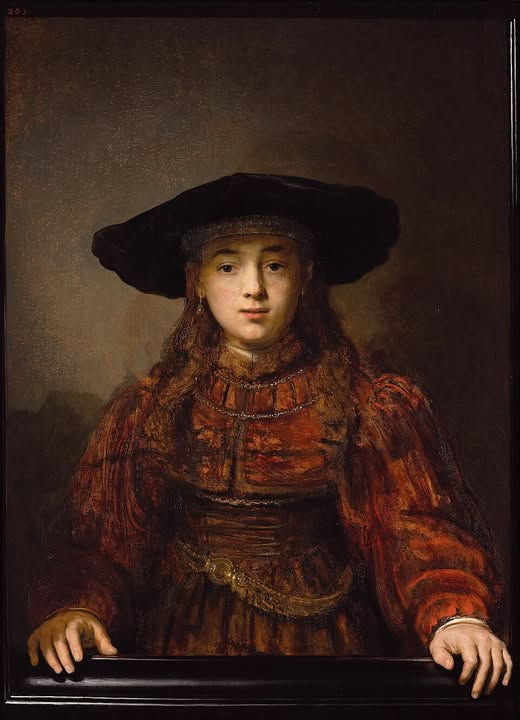Simplicity and Conscious Peace
- smcculley
- Mar 3, 2025
- 2 min read
Simplicity and Conscious Peace
Writing about simplicity is complicated by the fact that the topic itself wiped away thoughts from my mind. It made me wonder whether simplicity is beyond words, residing in the heart or in some higher place above the four lower centers.
I looked up the etymology of the word “simple” and found that it stems from the Latin word simplus, which “originally referred to a medicine made from one constituent, especially from one plant.” This discovery opened in me a connection between simplicity and oneness or unity, which is the goal of many spiritual traditions and one of the attributes of Higher Centers.
I tell you the truth, unless you turn and become like little children, you will never enter the kingdom of heaven. — Matthew
The Fourth Way theory is that a higher plane of consciousness is available at every moment. It removes this idea that reaching peace or “the kingdom of heaven” is only attainable at the end of life. Paradise or peace is actually a higher state of consciousness. A state of what our Teacher refers to as essence presence. I can turn toward simplicity and become a child through self-remembering. It “is the art of raising the conscious child within you.”
What is Presence but essence aware of itself? A simple, gentle child. — The Teacher
What does it mean to raise the conscious child within? It is the work of dismantling the complexity of false personality which has drowned out essence – the child within. But how? By not expressing negative emotions and moving that powerful energy into awareness and compassion; by not lying to oneself and others and replacing this tendency with clarity, silence and truth; by controlling imagination, described by P.D. Ouspensky as uncontrolled mind activity, and replacing the empty space with intentionality and presence; and by fueling our higher possibilities with the misplaced energy that gets lost in moments of identification.
Every morning was a cheerful invitation to make my life of equal simplicity, and I may say innocence, with Nature herself. — Henry David Thoreau
Thoreau invites us to emulate the simplicity of Nature. And I wonder if Thoreau’s vision was influenced by William Blake’s Auguries of Innocence. At a minimum, the Muses were stirring in both men, as echoed in Blake’s passage, “To see the world in a grain of sand and a heaven in a wild flower.”
The ideal state is simplicity of presence. Our silence is conscious peace, conscious presence. — The Teacher
Buddha Statue









Comments